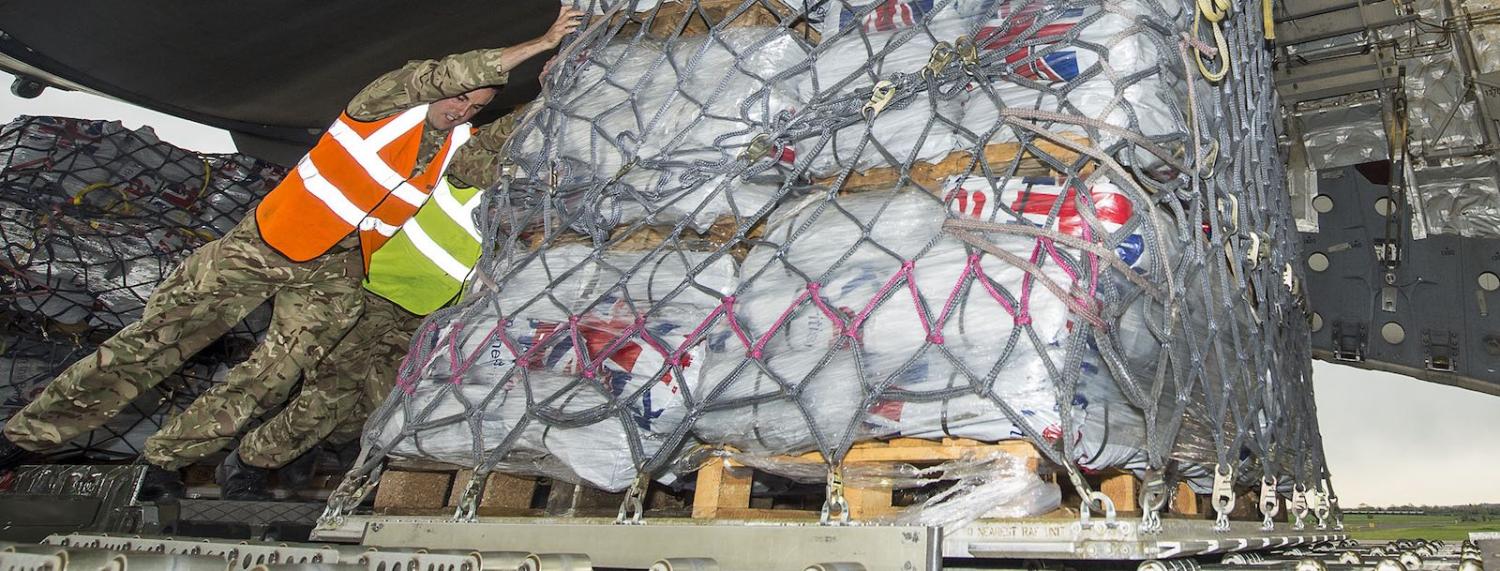Britain’s former foreign secretary Boris Johnson has called for the UK’s Department for International Development (DFID) to be rolled into the Foreign and Commonwealth Office (FCO). This would be a monumental mistake for a country looking for relevance in a post-Brexit world.
Over the past two decades, DFID has established itself as a world-leading development agency. Empowered with an aid budget of close to £14 billion thanks to the 2015 bipartisan legislation to spend 0.7% of national income on aid (75% of which is administered by DFID), the agency tops almost every list when assessing bilateral agency effectiveness. A combination of its size and formidable reputation means that in any international development debate, when the UK speaks, the rest of the world listens.
Making the dramatic call to integrate an agency with such a solid reputation into the foreign office brings with it considerable risk. Just ask Australia.

In 2013, following the lead of similar pushes by conservative governments in Canada and New Zealand, the Abbott government made the surprise announcement that Australia’s independent aid agency, AusAID, would be merged into DFAT after a 40-year separation. Citing very similar justifications as Boris Johnson, the merger took place at a stunning pace, with little or no blueprint or strategy for retaining highly qualified staff, no identification of how cultures of two very different organisations would be integrated, nor how aid management would be integrated into the department. As I have laid out in a recent submission to a review of Australian aid, this has come at a significant cost to the effectiveness of Australian aid.
At the time of the merger, DFAT maintained a staffing base of 4,292 staff, while AusAID had about 2,375. AusAID also maintained an operating budget twice the size of DFAT’s. The numbers are far more daunting in the case of the UK – the FCO’s operating budget is 20% that of DFID but they have four times the staff. Any merger with such skewed figures runs the risk of turning into a takeover, culturally and structurally, which is exactly what happened in the case of AusAID.
By mid-2015 DFAT cut its staffing complement by about 500 positions, on top of around 280 that had already departed in the month’s following the mergers first announcement, most of which came from former AusAID staff. A year after the merger, at best estimate, of the 16 Senior Executive Officers that had left, 13 were from the former AusAID. Development expertise (and make no mistake, you need experts) was not prioritised under the generalist DFAT structure, and many regional or thematic experts simply had no interest in working as diplomats.
Many diplomats without any development experience have been placed in positions with oversight of significant sums of Australian taxpayer money.
Following this dramatic shift in aid governance structures, aid management has been greatly decentralised out to country missions. The program relies far more heavily on private contractors to provide services that were once managed internally within AusAID, namely project design, oversight, and review. Many diplomats without any development experience have been placed in positions with oversight of significant sums of Australian taxpayer money. “WasAID” staff (as they are still affectionately known) have similarly been placed in diplomatic positions with job descriptions very different from their previous roles.
Five years on, there have been some clear benefits to the merger. The Pacific, often looked at through an aid prism, has had its status elevated within the department, and some of the best new initiatives in the region (such as labour mobility) are a result of a whole-of-government approach. The injection of AusAID staff into DFAT has helped plug the diplomatic deficit that Australia has run this century. Diplomats have a greater understanding of the complexities of development, and development specialists have a greater appreciation of the geopolitics operating around them.
But do these benefits outweigh the costs in terms of lost expertise, effectiveness, and most crucially time? The last five years for DFAT have been wracked with introversion as the merger has unfolded, and the world is not slowing down. Is this something the FCO really needs to grapple with as it works through a messy European divorce?
DFID already has extremely robust Parliamentary oversight. Surely much of what Boris Johnson is hoping to achieve could be done through smarter policy alignment at that level and within the leadership of DFIC and the FCO, without all of the messiness of an irreversible merger.
* These figures have been updated following publication.

